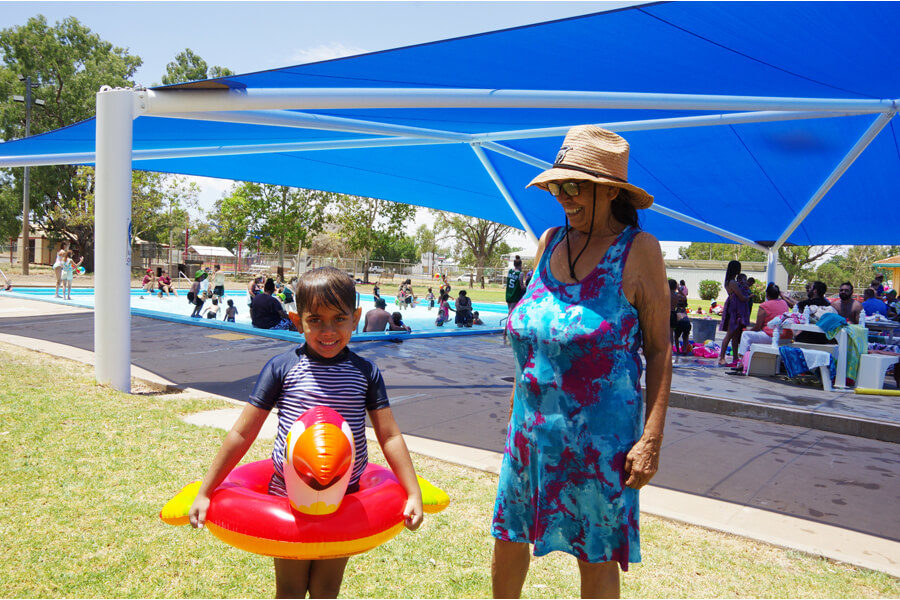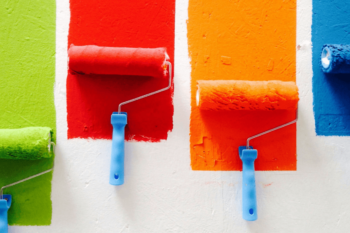New community-led project for childhood injury prevention in Walgett

DATE
TYPE Prevention Centre News
Project lead Professor Rebecca Ivers, from UNSW Sydney, said the project was testing whether engaging young parents aged 15 to 24 could be a way to deliver injury prevention messages while addressing many of the underlying risk factors for hospitalisation and chronic disease.
“Early community-based support for families is an important way to support healthy child development ,” Professor Ivers said.
“Serious childhood injury, like a traumatic head injury, affects people their whole lives. We know community-led programs owned and designed by Aboriginal communities are very effective, so we are using these as a way to intervene for injury prevention programs.”
UNSW Sydney has an existing partnership with the Dharriwaa Elders Group in Walgett, NSW, called ‘Yuwaya Ngarra-li’, meaning ‘vision’. The Elders have identified young parents in their community and their children as a group for whom early intervention is important.
The project team will work with the community to deliver child safety and injury prevention messages by engaging young parents around things that they have identified as being of interest to them, such as vocational training opportunities, life skills and parenting skills.
Christine Corby, the CEO of Walgett Aboriginal Medical Service, said the idea was to engage with this group and use it as an opportunity to give access to child injury information with a focus on health literacy.
“For example, while children play together, parents and carers can join cooking, budgeting or healthy eating groups. Then we’ll combine with groups like Kidsafe to talk about things like car seats and parental supervision.”
The program will be delivered through the Walgett Aboriginal Medical Service, an Aboriginal community-controlled health service that has been providing holistic health services for 33 years and now employs more than 100 staff.
This community-based program will involve qualitative work around health literacy and the intervention will be co-designed, evaluated and implemented with strong community governance from the Dharriwaa Elders Group and the Walgett Aboriginal Medical Service.
“This research isn’t just about injury – it’s about recognising the social determinants of health, looking at some of the broader issues and genuinely trying to address some of the community’s needs,” Professor Ivers said.
“By the end of the project, we hope we can demonstrate the success of this strengths-based community run program, then scale it up and evaluate it on a larger scale.”



